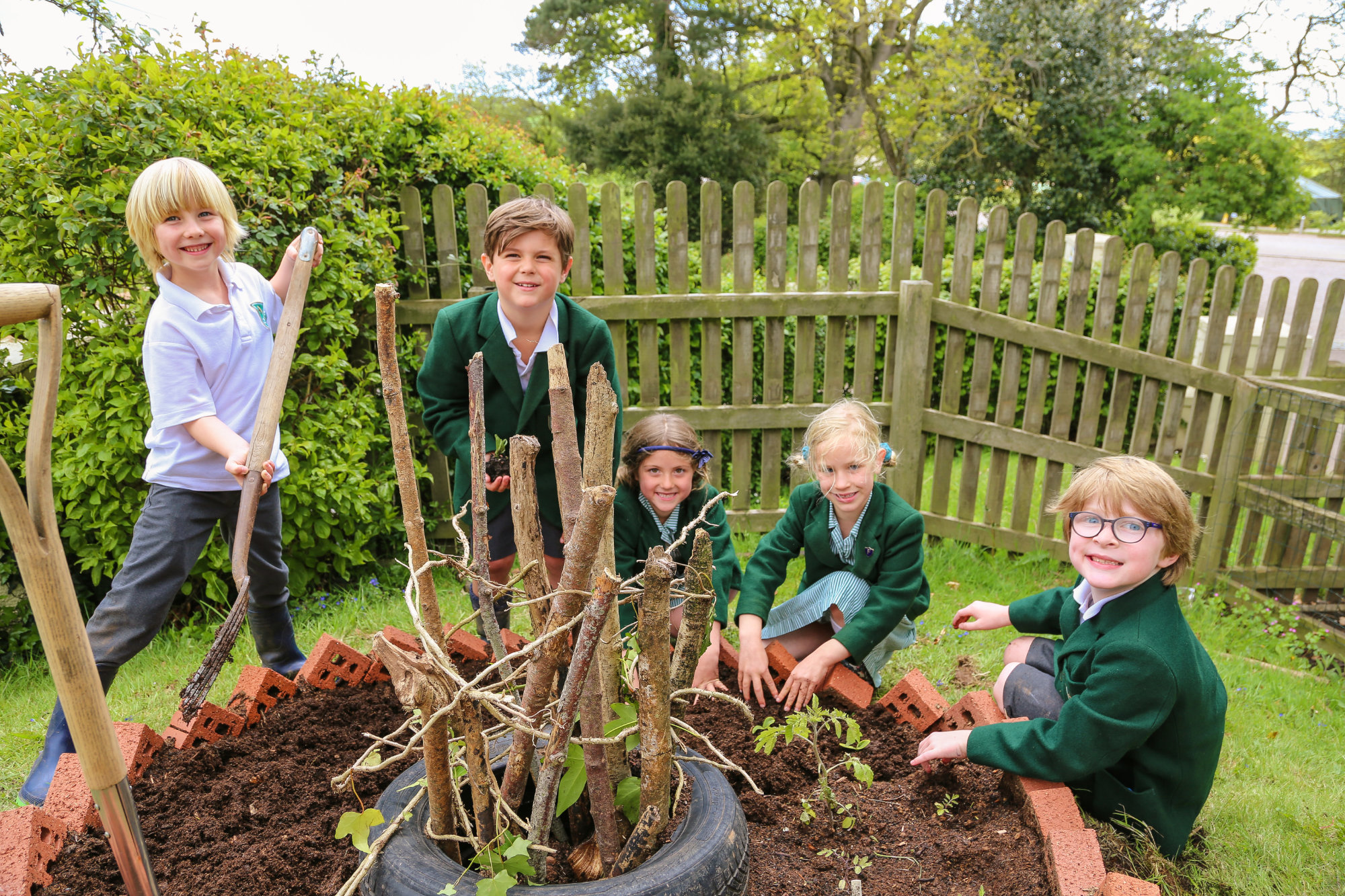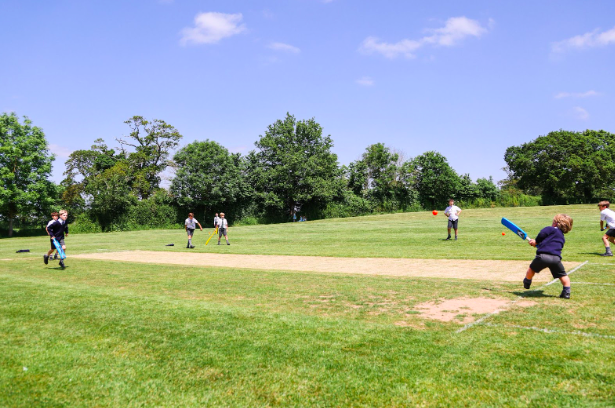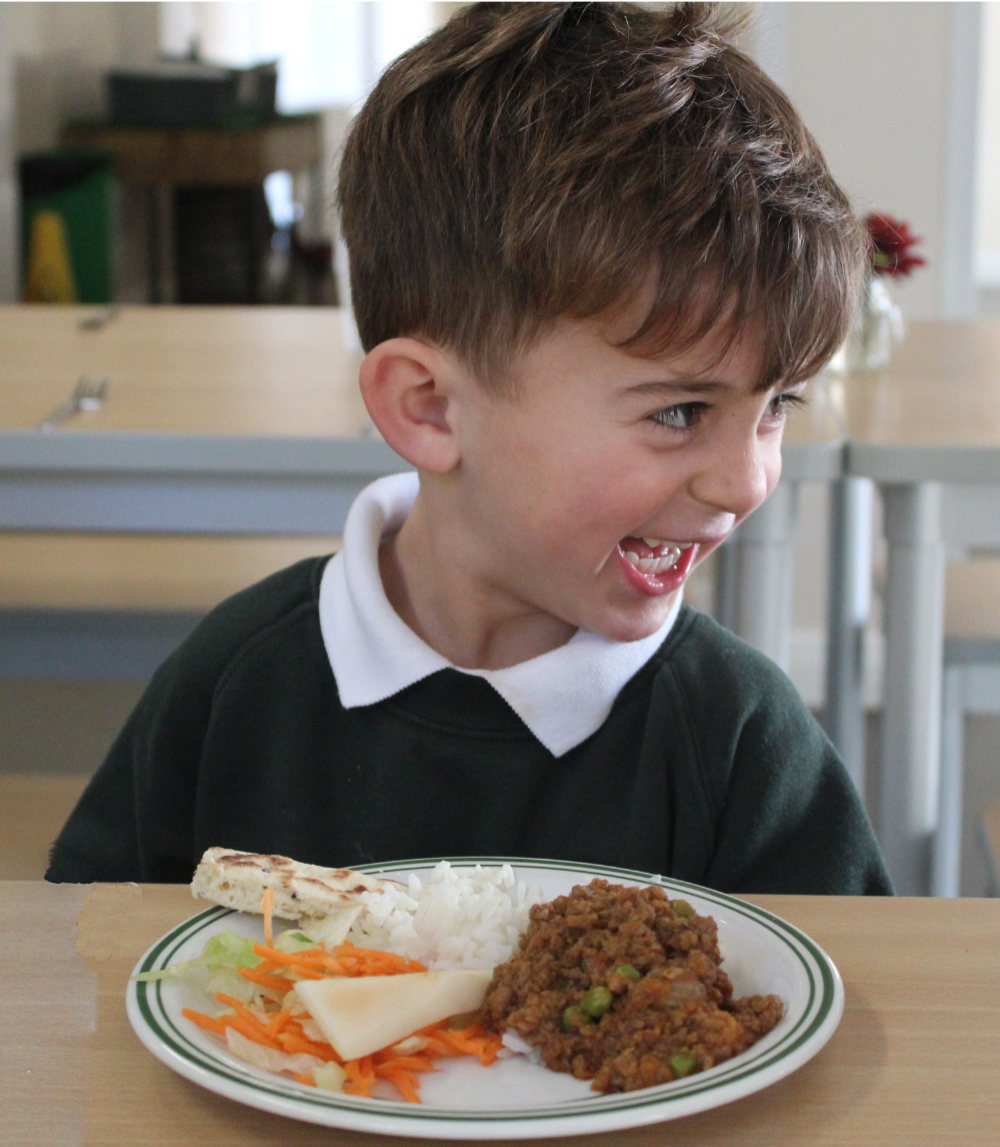Mindfulness is nothing new. However, it has been introduced into the modern world only in the past few years. We hear about it everywhere, from mindfulness workshops, audio tracks for you to try at home, to articles about mindfulness from all different angles and what it can help you achieve. With its promising benefits, we should start incorporating mindfulness into children’s lives.
Mindfulness is said to be a helpful tool to maintain mental health. Children are always faced with the trials and tribulations of growing up, which will inevitably affect their mental health. So, with that in mind, can mindfulness help with children’s mental health?
What is Mindfulness?
By definition, mindfulness is the simple, innate human ability to be fully present. This includes being fully present in the moment and also being aware of where we are and what we’re doing at any given time. In this mindfulness, we do not react to what is happening around us, being able to simply observe.
Techniques that have been around for centuries include yoga, meditation and breathing techniques.

Does Mindfulness Help with Mental Health?
Maintaining or improving mental health and mindfulness often go hand in hand. Where yoga and breathing techniques are the most common or well known for general mental health maintenance, there are other techniques that can be used to specifically manage mental health. Techniques such as Mindfulness – Based Stress Reduction (MBSR), which is used to help people cope with stress, and Mindfulness – Based Cognitive Therapy (MBCT) which is used to help those who suffer from recurring depression specifically target a mental health issue. So, the short answer is yes, there is evidence to suggest that mindfulness can help with mental health.
Can Mindfulness Help Children’s Mental Health?
If mindfulness can help with adults’ mental health, then does that translate to children’s mental health? It does! We’re all made up of the same stuff, and despite the fact that both children and adults are faced with different issues, the feelings and the detrimental effects on mental health can very much be the same.
School arguably is the biggest part of a child’s life from ages 5 to 16. It’s the place where they learn to socialise and interact with each other, where they start to learn about the world and gain some form of independence. The ages at which a child is when in school is a large part of their formative years, which itself can bring wild hormones, stress, pressure and of course, the pain of growing up.
With this in mind, mindfulness can be really beneficial to children, especially in an age now where we are bombarded by everything via technology, including the idea to be perfect or achieve perfect grades. Children go through a lot of developmental stages as they grow up, and mindfulness can help each developmental stage in a different way. Mindfulness can decrease anxieties or stresses and promote happiness and calm.

How Should we Implement Mindfulness in our Children’s lives?
There are many ways that we can implement mindfulness into our lives, and as adults, we know the importance of the benefits. For children, it may be a little more difficult, especially as they might not be aware of how to label the emotions they are feeling or recognise why they are feeling them. In this case, preventative mindfulness would work well for a child too, to enable them to manage their emotions before they get too much.
There is evidence to suggest that, as a school-based intervention, mindfulness has a positive outcome on the wellbeing of the students by reducing anxiety and distress. This, in turn, also helps them perform better at school, including improving their behaviour (W Kuyken et al.)
Here at St Peter’s mixed boarding school, Devon, children’s mental health is very important to us and mindfulness lessons take place! Read on to find out more about how music benefits your children or benefits of team sport!
Reference; W Kuyken et al, “Effectiveness of the Mindfulness in Schools Programme: non-randomised controlled feasibility study”, 2013.









